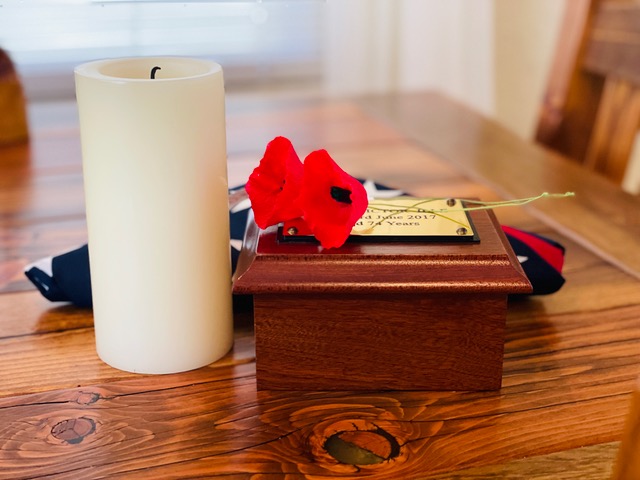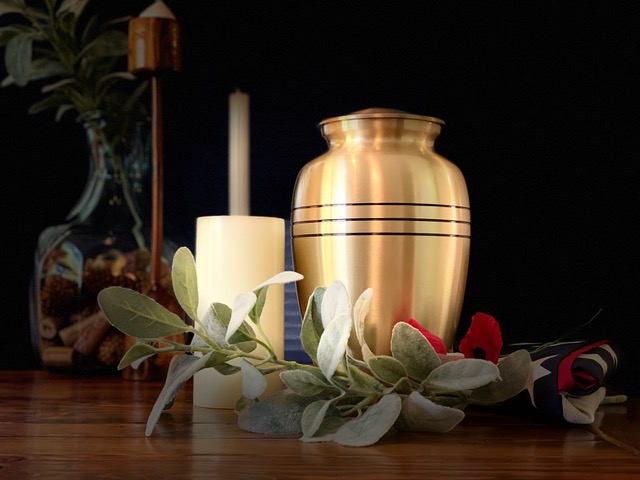 The death of your spouse is an incredibly painful and trying time, and it can be made even more complicated and stressful by the many final arrangements you must make immediately following their death. It’s important to do everything you can to separate your grief from the responsibilities you face, in order to avoid family conflict and make sure everything goes as smoothly as possible. Here are some tips.
The death of your spouse is an incredibly painful and trying time, and it can be made even more complicated and stressful by the many final arrangements you must make immediately following their death. It’s important to do everything you can to separate your grief from the responsibilities you face, in order to avoid family conflict and make sure everything goes as smoothly as possible. Here are some tips.
Know how to execute the will/estate
If your spouse named a professional to execute their last will and testament, you should contact them as soon as you possibly can following their passing. There are many steps that must get underway in order for this last will process to run smoothly. If your spouse named you, your children, or both of you as a committee, it’s important to know what to do first.
Here is a very useful article on the responsibilities of the executor. If you think that there may be any sort of familial dispute regarding the will, it’s vital that you seek the advice of legal counsel as soon as possible.
If you are involved in executing the estate, you should gather the following documents: death certificate; will or trust; marriage certificate; life insurance policy; credit card statements; investment accounts; bank statements; recent tax returns.
Immediately obtain multiple copies of the death certificate
How many? Some advise at least a dozen copies.
“A dizzying number of financial institutions, government agencies, creditors, unions, membership groups and other organizations won’t even talk to you about a loved one’s financial affairs — let alone take action, like closing an account — until you produce a death certificate,” says AOL Finance.
Check here for a useful financial checklist for surviving spouses.
Prepare yourself for making funeral arrangements
It’s a difficult time, but you must begin the process of preparing funeral arrangements as soon as you possibly can. These can be a source of extreme stress for your family, and as the surviving spouse you should begin to assert your wishes (and advocate for your spouse’s wishes) very soon after their passing.
You will need to make a first call to transport your spouse from the place of death to a funeral service facility. You’ll need to arrange funeral services, cemetery or cremation services, etc. Here is a good starting guide for dealing with this.
Don’t forget to take care of yourself
Among all of the responsibilities that come with making final arrangements, it’s easy to lose sight of your own health and wellbeing. It’s more important than ever to be overly attentive to your own needs, however. When dealing with grief this severe, especially as a senior, the chances of having that grief develop into more serious feelings of depression, anxiety, isolation, and hopelessness increase dramatically.
 Lean on somebody. This can be a friend, your children, a sibling, a church congregation member, a religious leader, or a grief support group. Many in the early stages of grief feel like their sadness is a burden to others, but this is not true. It’s absolutely vital not to isolate yourself during this sensitive time.
Lean on somebody. This can be a friend, your children, a sibling, a church congregation member, a religious leader, or a grief support group. Many in the early stages of grief feel like their sadness is a burden to others, but this is not true. It’s absolutely vital not to isolate yourself during this sensitive time.
Try to schedule at least one activity every day. Whether it’s simply taking a walk with your dog, learning a new hobby, attending a prayer meeting, or getting some exercise – getting up and doing something every day will at least kickstart you on your healing path.
When it comes to losing a spouse, it’s important that you know that grief is ok, and you should never try to rush the process. Making final arrangements for your loved one is stressful, but if you focus on doing the best you can as soon as possible, you can make sure that you have time to focus on your own health and help avoid family conflicts that may arise along the way.
Guest Author: Jackie Waters


